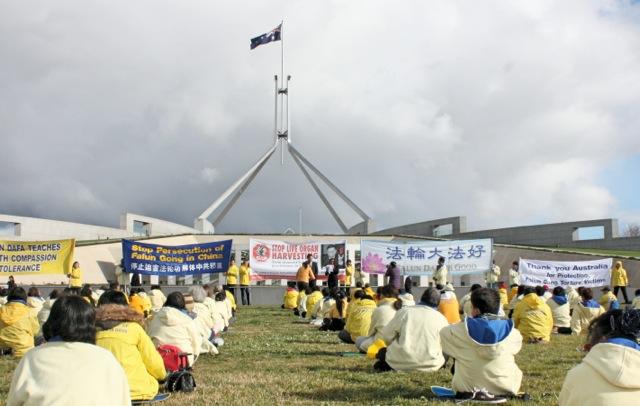National Registration in Traditional Medicine Welcome
Regulation of traditional Chinese medical (TCM) practitioners comes under the new National Registration and Accreditation Scheme for health professions.
Chinese herbal practitioners and dispensers will fall under the same level of regulation as doctors, optometrists or dentists. The Epoch Times
|Updated:


